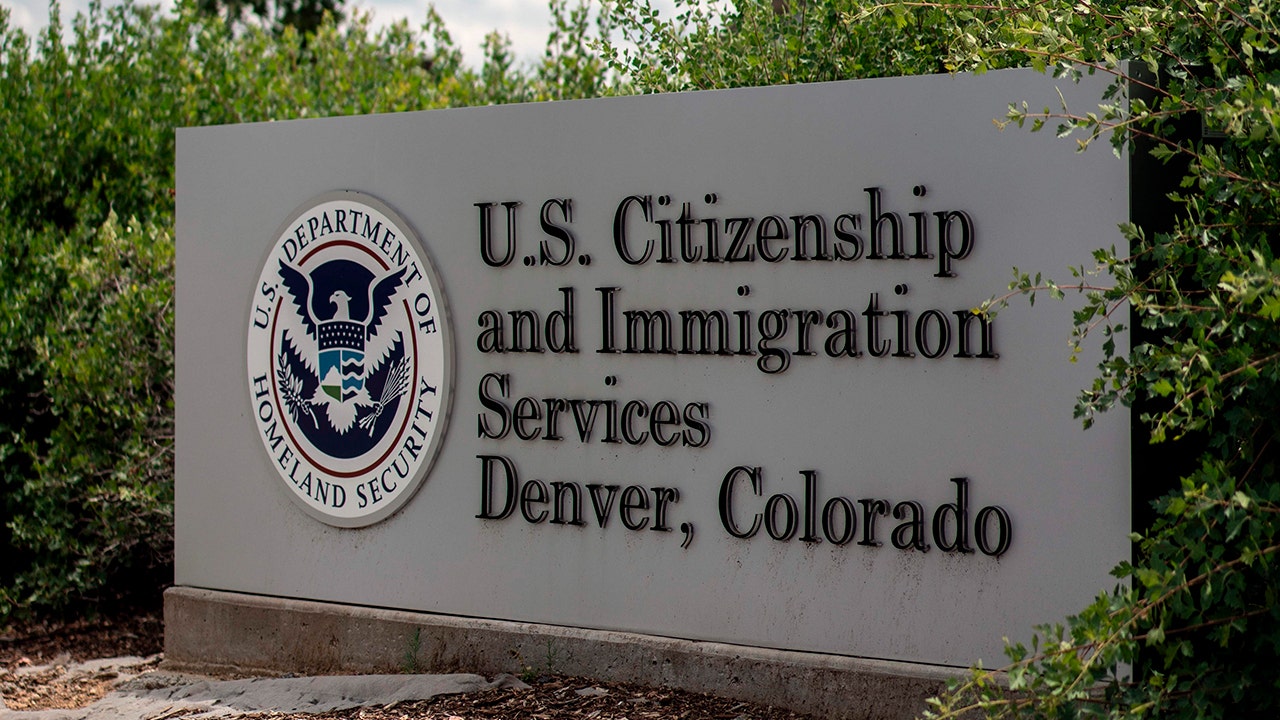Escaped Detainees: Aurora Authorities Under Fire for Inaction in ICE Search
The recent escape of two illegal aliens from a Colorado detention facility has stirred up considerable debate and criticism towards Aurora authorities. The decision to refrain from assisting in the search for these detainees has raised questions about the role of local law enforcement in collaboration with federal agencies, particularly the Immigration and Customs Enforcement (ICE). This incident not only highlights the complexities of immigration enforcement but also underscores the challenges that local authorities face in balancing community relations and public safety.
The Incident: What Happened?
In early October 2023, two individuals detained for immigration violations escaped from a facility managed by ICE in Aurora, Colorado. The circumstances surrounding their escape remain under investigation, but it’s reported that the detainees took advantage of a lapse in security protocols. As the news broke, local law enforcement was approached for assistance in the search, but they opted not to engage, citing their policy against cooperating with ICE in immigration-related matters.
Local Law Enforcement’s Stance
Aurora police officials defended their decision, emphasizing a commitment to community trust and safety. They argued that cooperation with federal immigration enforcement could deter individuals from reporting crimes or seeking assistance from the police for fear of deportation. This stance is reflective of a growing trend among some local jurisdictions across the United States, where police departments are increasingly adopting policies that limit their involvement in federal immigration enforcement.
However, critics argue that such policies can have dangerous repercussions. By not participating in the search for the escaped detainees, local authorities may be seen as neglecting their duty to protect the community. Some community members expressed concerns that the decision could embolden other detainees to attempt escapes, knowing that local law enforcement would not pursue them.
Public Reaction: Divided Opinions
The public response to the authorities’ inaction has been mixed. Supporters of the local police department’s decision argue that it fosters a safer environment for immigrants, allowing them to feel secure and protected. They contend that when immigrants trust law enforcement, they are more likely to report crimes and cooperate in investigations, ultimately benefiting the entire community.
On the other hand, many residents voiced their concerns about safety. Some community members feel that local authorities should prioritize public safety over immigration policies, asserting that the escapees pose a potential risk. The debate raises broader questions about the responsibilities of local law enforcement agencies and their relationship with federal immigration authorities.
The Broader Implications of Local Inaction
This situation in Aurora is emblematic of a larger national conversation surrounding immigration policy and local law enforcement’s role. The tension between local and federal authorities can often lead to confusion and miscommunication, particularly in areas with significant immigrant populations. Here are some key implications of this incident:
- Community Trust: Local law enforcement’s policies regarding immigration can significantly impact community trust. If residents believe that police are working with ICE, they may be less likely to report crimes or seek help during emergencies.
- Public Safety: The decision not to assist in the search for escaped detainees raises questions about the potential risks posed. A lack of cooperation might lead to more incidents of escape, which could threaten community safety.
- Federal-Local Relations: Incidents like these can strain relationships between federal and local agencies, complicating efforts to address crime and immigration issues effectively.
Legal and Ethical Considerations
From a legal standpoint, local law enforcement agencies must navigate a complex landscape. While they have the discretion to determine their level of cooperation with ICE, they are also bound by laws that protect the rights of individuals, including undocumented immigrants. Ethically, the question arises: should local authorities prioritize the enforcement of federal immigration laws, or should they focus on protecting their communities, regardless of immigration status?
The legal ramifications of these decisions can be significant. Local policies that limit cooperation with federal immigration enforcement can lead to legal challenges from various stakeholders, including advocacy groups and government agencies. Furthermore, allegations of negligence in public safety could lead to civil lawsuits against local law enforcement agencies.
Possible Solutions and Moving Forward
As the controversy surrounding the escape of detainees unfolds, it is crucial for Aurora authorities and local law enforcement to find a balanced approach that addresses both community safety and trust. Here are some potential solutions:
- Community Engagement: Local authorities should engage with community members to understand their concerns and build trust. Regular town hall meetings can foster communication between police and residents.
- Clear Policies: Establishing clear policies that outline the extent of cooperation with ICE can help clarify the risks and responsibilities of local law enforcement.
- Training and Resources: Providing training for officers on immigration issues and cultural competence can improve interactions with immigrant communities, allowing for a more nuanced approach to law enforcement.
Conclusion
The escape of detainees from the ICE facility in Aurora has ignited a complex debate about the responsibilities of local law enforcement in immigration matters. As Aurora authorities face mounting criticism for their decision to refrain from assisting in the search, it is evident that this incident has broader implications for community trust, public safety, and the relationship between local and federal agencies. Moving forward, a balanced approach that prioritizes both community safety and the rights of individuals is essential in navigating these challenging waters.
Ultimately, it is crucial for local authorities to engage with their communities, establish clear policies, and ensure that their actions reflect the values of safety and trust. The decisions made in Aurora may serve as a precedent for other jurisdictions grappling with similar issues, making it imperative for all involved to reflect on the best path forward.
See more BBC Express News

